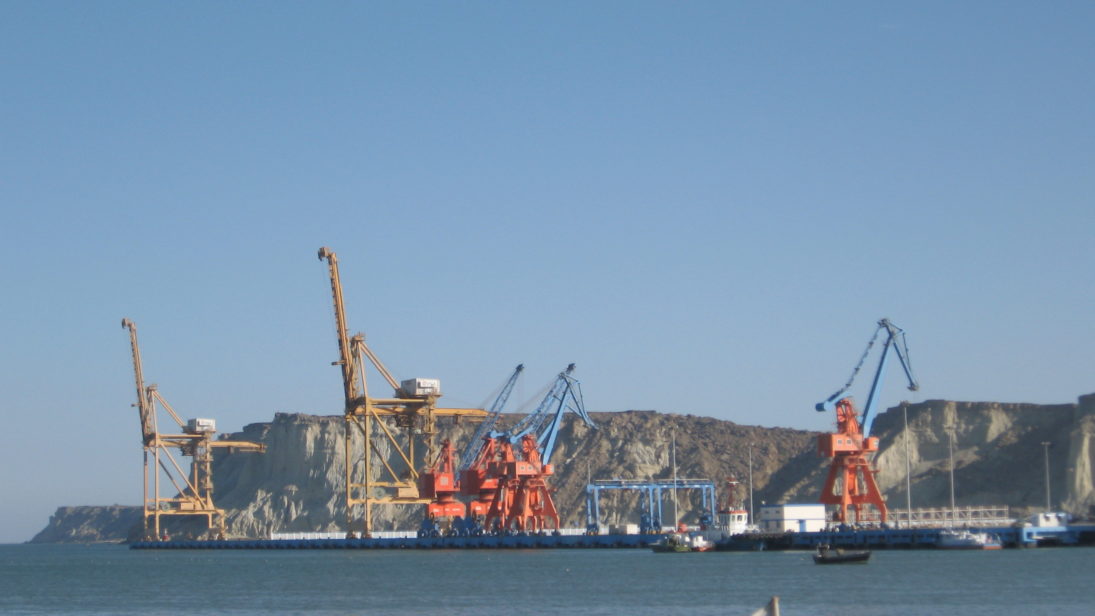
Recently, Pakistan’s Gwadar Port, renovated and expanded with the assistance of China, was finally operationalized, with the first set of Chinese trucks arriving at the port and their contents being shipped overseas. Located close to international oil trade and sea shipping routes and being an integral instrument of the China-Pakistan Economic Corridor (CPEC), Gwadar Port holds immense geostrategic and geoeconomic importance for both countries, and could bring countless benefits. The expansion of the port will enable Pakistan to leverage trade links and oil sea routes connecting South Asia, Central Asia, Africa, the Persian Gulf, and the Middle East. Further, economic connectivity could also decrease the grievances of local Pakistani populations by creating new opportunities. For China, in addition to providing a strategic foothold in South and Central Asia, the port will serve as an energy and trade corridor to resource–laden states of Central Asia, populated states of South Asia, and oil-rich states of the Middle East.
Benefits for China
Gwadar is a deep-sea port located at the mouth of the Strait of Hormuz, a vital location for China’s various economic projects including “One Belt, One Road” (OBOR) and the Maritime Silk Road. It is the most economical route from China to the Central Asian states—Chinese imports currently travel around 10,000 km from the Persian Gulf to China’s eastern region. Gwadar provides a much shorter, less expensive route for importing oil and gas from the Middle East and minerals from Africa
From a strategic point of view, since the Gwadar Port provides China with uninterrupted access to the Arabian Sea, it will put the Chinese Navy in a position to monitor oil routes and trade links to South Asia, and keep track of any Indian activities in the Arabian Sea and Persian Gulf.
Benefits for Pakistan
Pakistan will earn through freight and cargo handling charges as China, Central Asian states, and others use the port for trade. An industrial free zone is also being established around the port, which will be a hub for manufacturing and port-related business and industry and is expected to generate 40,000 jobs.
The development of Gwadar Port will also alleviate security issues. Pakistan is facing an insurgency in Baluchistan province, the home of Gwadar port. Once the Gwadar projects under CPEC are completed, they will transform Gwadar from an underdeveloped city into a prosperous international economic hub, and bring prosperity to the region. Since poverty is one of the main causes of the rise of militancy in Baluchistan, these economic benefits and the creation of jobs will minimize violence, and will eventually help in curbing the insurgency.
The expansion of Gwadar port will also provide Pakistan an opportunity to strengthen its regional relationships. For example, Russia expressed an interest in using Gwadar port for trade because it can provide Moscow access to warm waters, and Pakistan consequently allowed it. This is yet another symbol of growing Pakistan-Russia ties, and CPEC, specifically Gwadar, can be an instrumental force in bringing the two closer together. Iran and Turkmenistan have also expressed an intention to join CPEC.
Conclusion
Once fully operational, Gwadar Port will become an important source of regional connectivity. Not only will it provide economic opportunities to regional actors, but it will also benefit local populations in Pakistan that have been denied growth for decades.
***
Image: Flickr, Moign Khwaja


